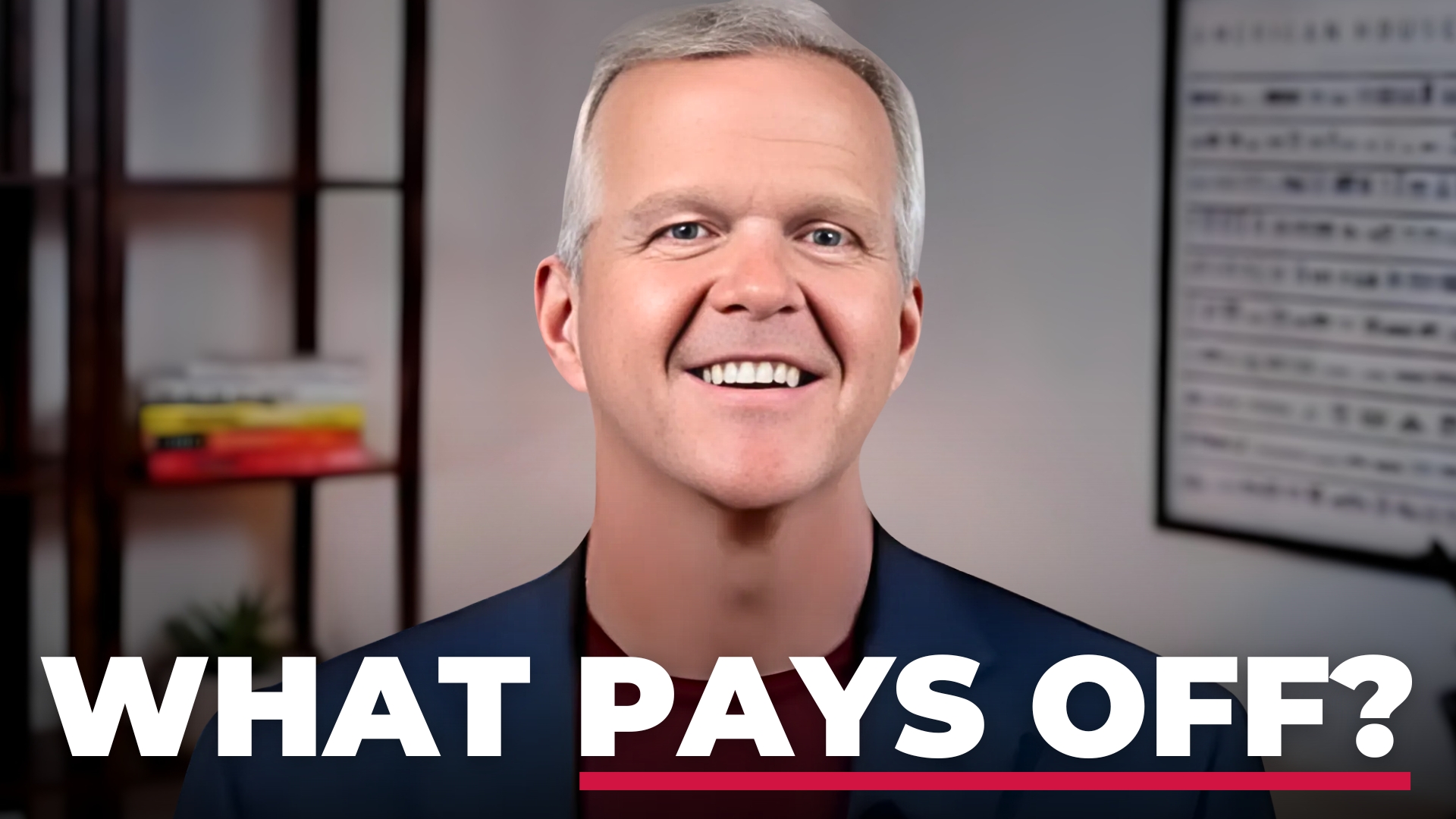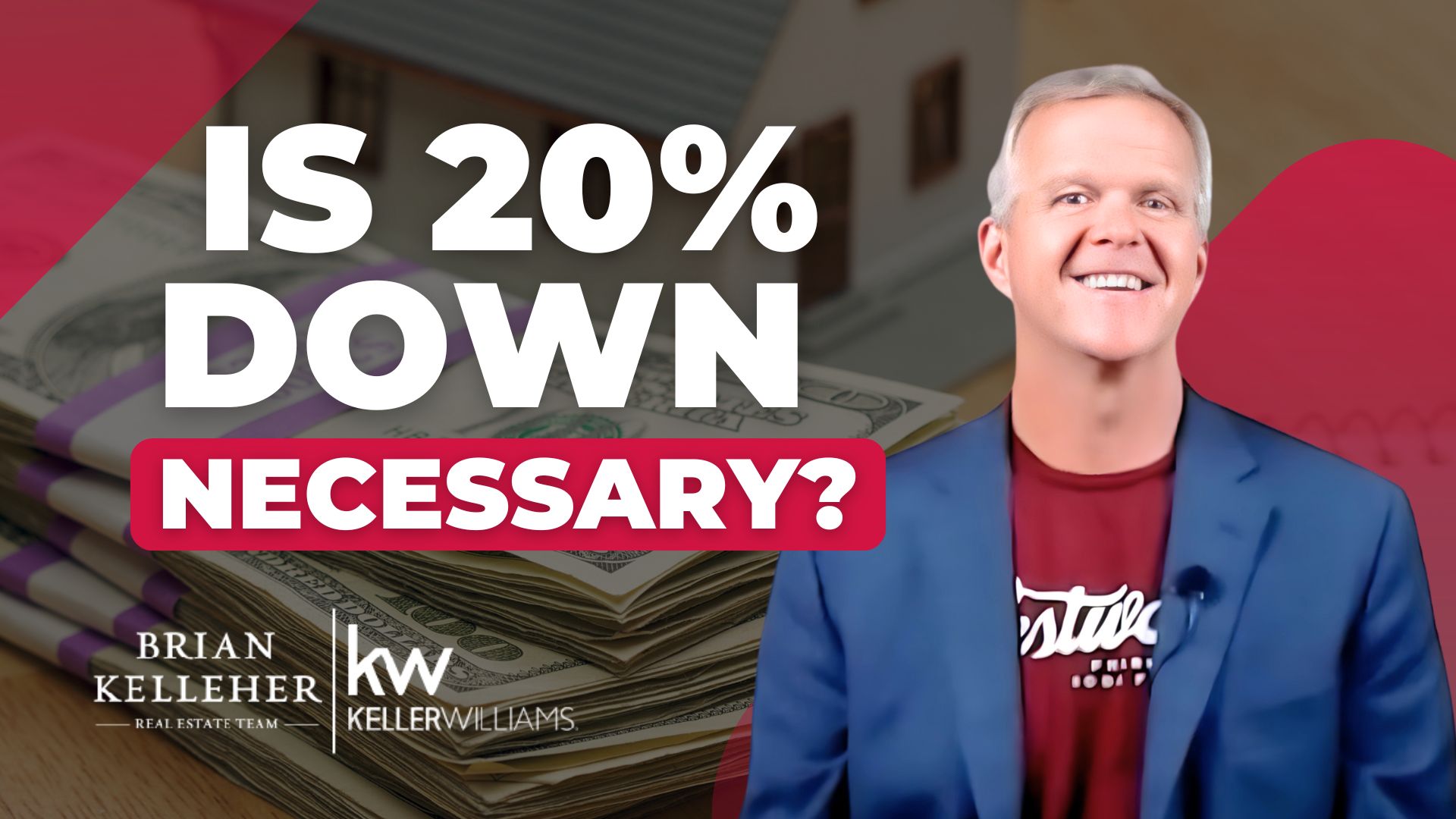Let’s Explore Your Selling Options. We will help you sell your home at the price and terms you want. Free Selling Strategy Call
Here’s why these three earnest money misconceptions aren’t true.
What is earnest money? You may have heard about it, but maybe you’re confused about the details. If that’s the case, don’t worry; today I’ll talk about what earnest money is and clear up three common misconceptions.
A buyer puts down earnest money with their offer to show how serious (or earnest) they are about their intentions to follow through. It’s always important that all parties look at the terms of earnest money deposits in a contract because they change from offer to offer. Now, let’s clear up three of the biggest misconceptions surrounding earnest money:
1. Earnest money is held by the seller. In the vast majority of cases, this is not how it goes. Instead, it’s held by the listing broker in escrow until both parties agree on who gets the money.
2. Earnest money automatically goes to the buyer or seller. The only time money is automatically transferred is when the buyer closes on the home. In this case, the earnest money is added to their balance at closing. If the agreement ends at any point during the contract, then both parties need to decide who gets the earnest money, and they need to sign a contract to bind them to that decision.
3. Earnest money deposits are old-fashioned and don’t really matter. This couldn’t be further from the truth. The more significant the amount of money a buyer puts down, the more confidence a seller has moving forward with them. It assures the seller that they will be compensated if something goes wrong, especially if it happens late in the process. In our hot market, anything you can do to get on a seller’s good side is relevant.
These are the three biggest misconceptions we hear, but they aren’t the only ones. If you have any questions about earnest money, please give me a call or send me an email. I am always willing to help.
-
Let’s Explore Your Selling Options. We will help you sell your home at the price and terms you want. Free Selling Strategy Call
-
What’s Your Birmingham Home Worth?. Are you thinking of selling your home or interested in learning about home prices in your neighborhood? We can help you. Free Home Value Report
-
Looking for a Birmingham Home?. Search the entire MLS for your Birmingham home. Search the MLS
-
Free Real Estate Newsletter. Get our latest Q&A, insights, and market updates to make smarter decisions. Subscribe Now







